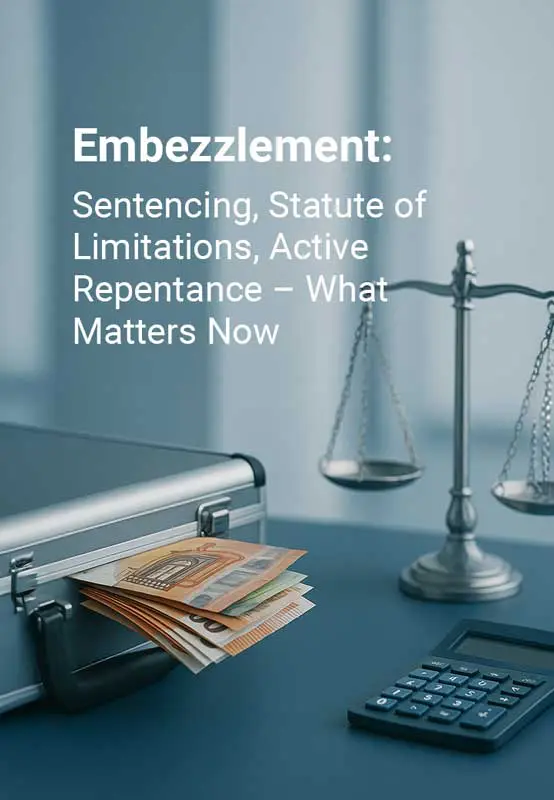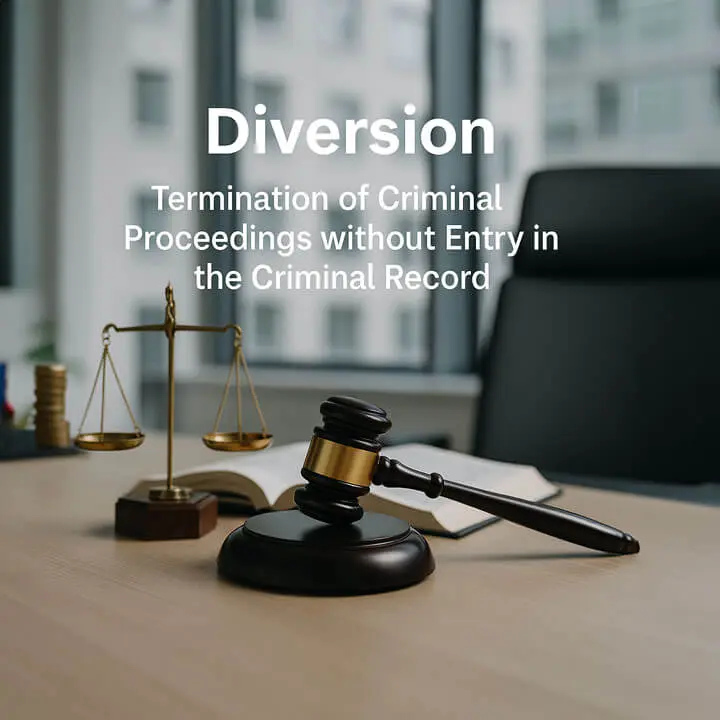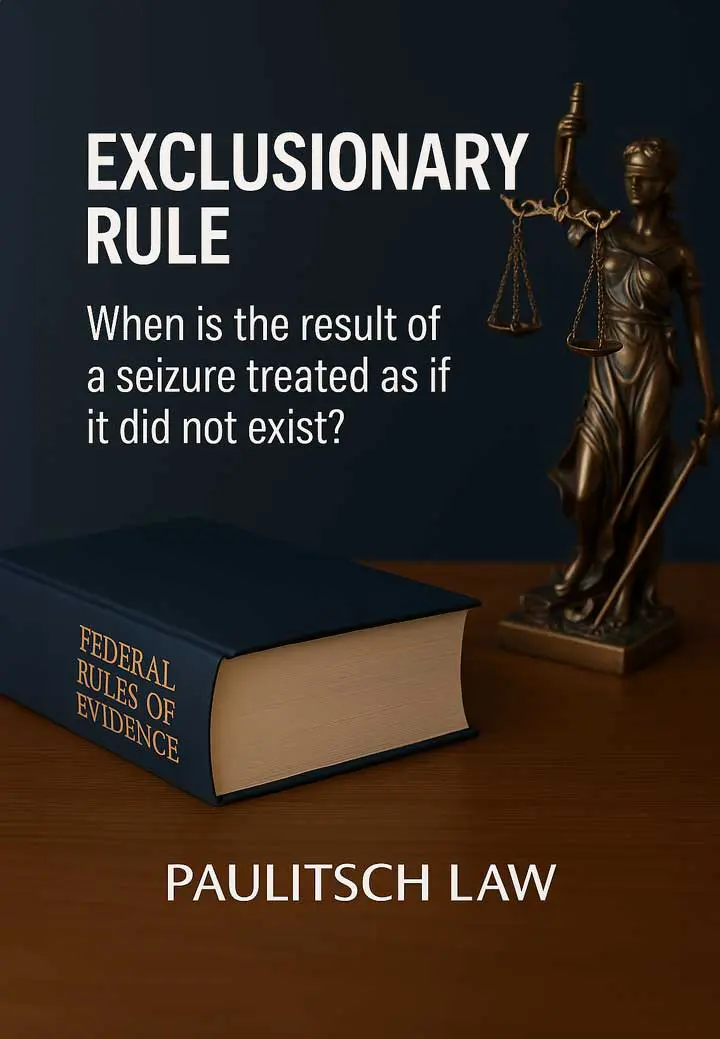High media exposure and extraordinary public attention to criminal proceedings, to the significant detriment of a defendant and their family, must be taken into account by the court in sentencing.
If a defendant is subjected to public mockery and ridicule over a longer period of time due to the charges brought against them, and this results in extraordinary psychological, social, familial, societal, or economic strain, such circumstances may constitute a particularly significant mitigating factor. This was established by the Austrian Supreme Court in its decision of 25 March 2025 (file no. 14 Os 61/23m) in the so-called BUWOG case. In this ruling, years of mockery and public ridicule directed at the accused were taken into account as mitigating circumstances in sentencing.
The Court did acknowledge that the high level of media coverage and public attention was largely due to the fact that the accused was of particular public interest. Nevertheless, in the BUWOG case the Court considered public reaction itself as a mitigating factor for the first time. Previously, case law had been more restrictive: if the public attention was caused by the defendant’s own conduct, such a mitigating factor was generally denied. Now, however, the Court has expressly recognized that public reactions may influence sentencing.
This decision demonstrates that courts are increasingly considering social and media-related circumstances in determining sentences. Mockery and ridicule can destroy the reputation of defendants and cause lasting harm to their families. As a result, the factor of “public pre-judgment” is given greater weight.
A detailed analysis of this decision and its implications for criminal law doctrine has been published by our colleague Mag. Oliver M. Loksa in ecolex issue 8/2025.









